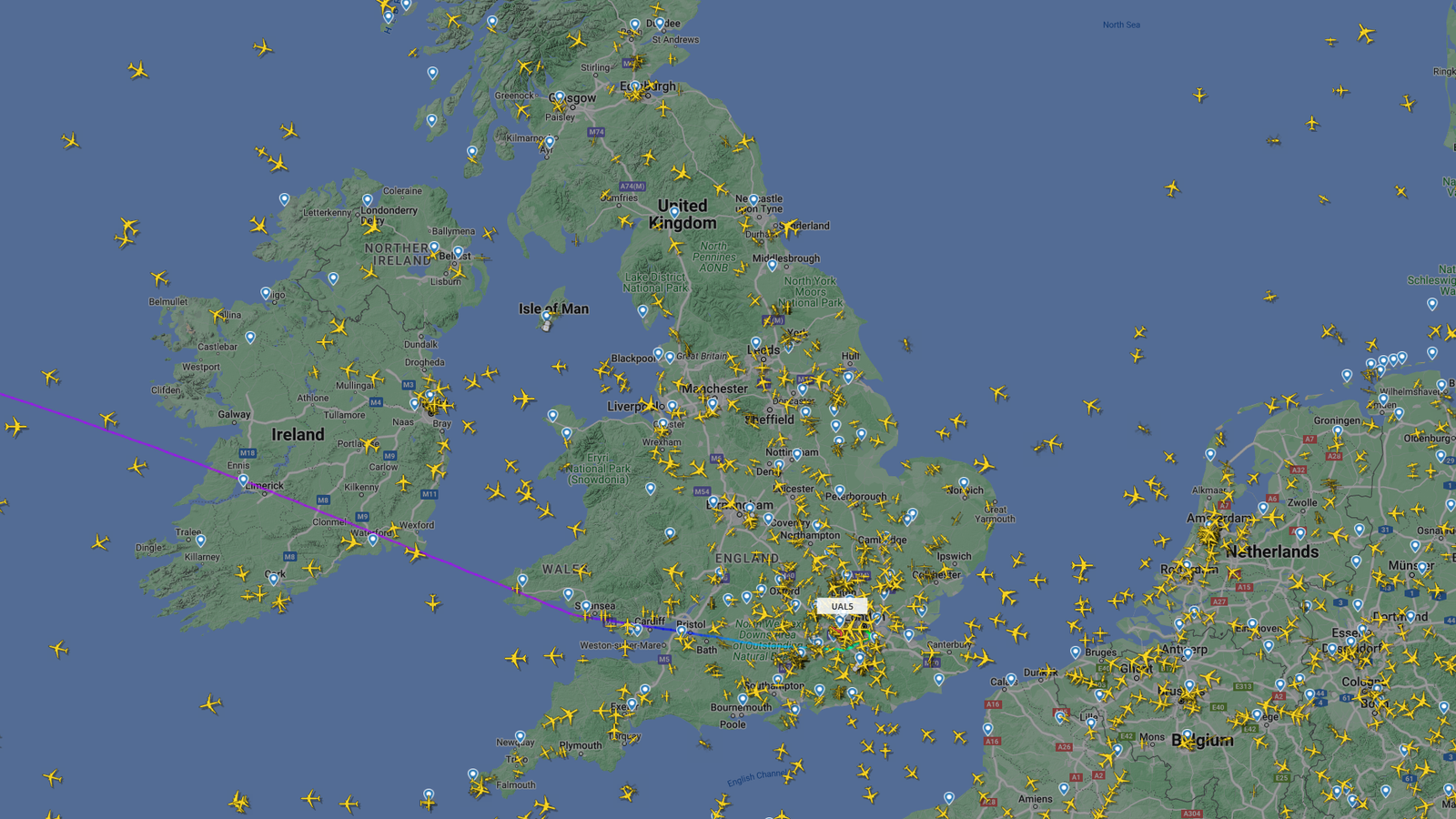An NHS boss’s husband drove her to A&E with a suspected stroke after he’d heard her “lamenting ambulance delays”.
In a series of tweets, Deborah Lee, chief executive of Gloucestershire Hospitals Foundation Trust, said she had recovered but warned the government that urgent action is needed.
Ms Lee had a “bit of a ‘turn’ – lop sided and unable to speak”.
Explaining further, she wrote: “Having heard me lamenting ambulance delays, my husband bundled me into his car and drove me to A&E.”
Once there, the treatment was quick: “I was taken into resus and 35 minutes later I was in a CT scanner, 30 minutes later a bolus of TPA (tissue plasminogen activator) was on board.”
TPA is a protein involved in the breakdown of blood clots.
Expressing her concern, Ms Lee said: “I can’t get one thing out of my head: what if my husband hadn’t been there and my daughter had called for an ambulance and I’d been put in the category two ‘stack?”
In the South West, where Ms Lee works, the average response time for a category two call, which includes strokes, is one hour 53 minutes – the longest in England, when the target is 18 minutes.
Figures show ambulance response times across the country have risen to their worst levels since records began in 2017.
The average response time last month for ambulances in England dealing with the most urgent cases was nine minutes and 35 seconds – up from eight minutes and 51 seconds in February.
Mrs Lee, who has worked in the NHS for 30 years, said her “system is working unrelentingly” to reduce response times, but added that this was “to no great avail”.
“There is no silver bullet and I don’t have the answer,” she said. “But government has the power to generate one.”
She called on politicians to overhaul social care by improving training and pay for staff, adding that they need to “build a sector people want to join, stay in and feel proud to belong to”.








